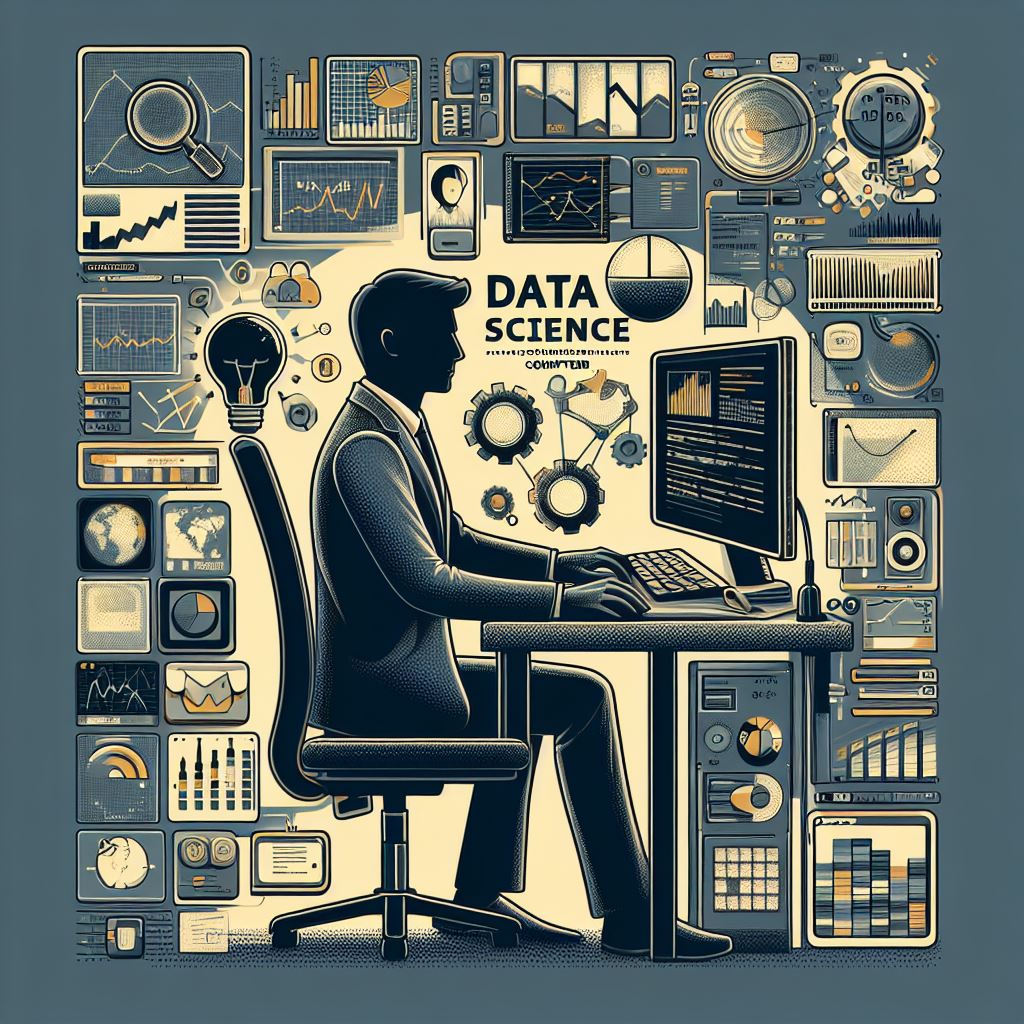Machine learning (ML) is transforming the healthcare industry by enabling faster, more accurate diagnoses, personalized treatments, and streamlined operations. Healthcare professionals are increasingly adopting machine learning techniques to improve patient outcomes, optimize administrative tasks, and revolutionize the way care is delivered. In this article, we will explore some of the most impactful applications of machine learning in healthcare, from early disease detection to patient management and beyond.
One of the primary applications of ML in healthcare is in disease prediction and diagnosis. By analyzing vast amounts of medical data, including patient records, lab results, and imaging data, ML models can assist in identifying patterns that might go unnoticed by human doctors. For instance, in oncology, ML algorithms are being used to analyze radiology images for signs of early-stage cancers, allowing for quicker intervention and improved survival rates. Similarly, ML models are used to predict the likelihood of a patient developing certain conditions based on their medical history and genetic information, enabling preventive care strategies.
Another prominent application is in personalized medicine. Traditional treatment methods often take a one-size-fits-all approach, but machine learning allows healthcare providers to tailor treatments based on individual patient profiles. For example, ML models can analyze how patients respond to various medications and therapies, offering personalized recommendations to optimize treatment efficacy and minimize adverse effects. This leads to more precise and effective treatment plans, resulting in better patient outcomes and fewer hospital readmissions.
Machine learning also plays a critical role in administrative and operational efficiency within healthcare facilities. Tasks such as patient scheduling, resource allocation, and claims processing can be automated using ML algorithms, saving time and reducing human error. Additionally, ML models can help in predicting patient demand and optimizing staff workflows, ensuring that healthcare providers can deliver timely care without overburdening their resources.
In addition to clinical applications, ML is being used in drug discovery and development. Traditional methods of drug development are time-consuming and expensive, but ML is speeding up the process by predicting which drug formulations are most likely to be effective. By analyzing large datasets of chemical compounds and their interactions with biological systems, ML models can identify promising drug candidates and accelerate the discovery of new treatments for diseases that currently lack effective therapies.
Furthermore, ML algorithms are improving the management of chronic diseases. Patients with conditions like diabetes, heart disease, and asthma can benefit from continuous monitoring and predictive analytics. Wearable devices and mobile apps can track vital signs and send real-time data to healthcare providers, allowing for early intervention if necessary. ML models can also predict when a patient’s condition is likely to worsen, enabling healthcare providers to take proactive measures to prevent hospitalizations and improve quality of life.
While the potential of ML in healthcare is immense, there are challenges to overcome. Data privacy and security are paramount, as healthcare data is highly sensitive. Moreover, ML algorithms must be carefully validated to ensure that they provide accurate and unbiased results, especially when dealing with diverse patient populations. Ethical concerns surrounding the use of AI in healthcare, such as the replacement of human decision-making, also need to be addressed.
Despite these challenges, the future of machine learning in healthcare is incredibly promising. As technology continues to advance, we can expect even more innovative applications that will not only enhance patient care but also improve the overall efficiency and accessibility of healthcare systems globally.

